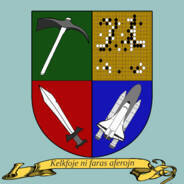Kernel development
-
Featured Topics
-
Topics
-
0
-
6
-
0
-
3
-
Nov845 ·
Posted in Programs, Apps and Websites0 -
0
-
Sanderdrejer ·
Posted in Troubleshooting2 -
smore09 ·
Posted in Graphics Cards2 -
VL_Hermes ·
Posted in Laptops and Pre-Built Systems3 -
9
-
-
play_circle_filled

Latest From ShortCircuit:
Lian-Li, do this on all of your cases! - Lian-Li O11D x Lamborghini




















Create an account or sign in to comment
You need to be a member in order to leave a comment
Create an account
Sign up for a new account in our community. It's easy!
Register a new accountSign in
Already have an account? Sign in here.
Sign In Now